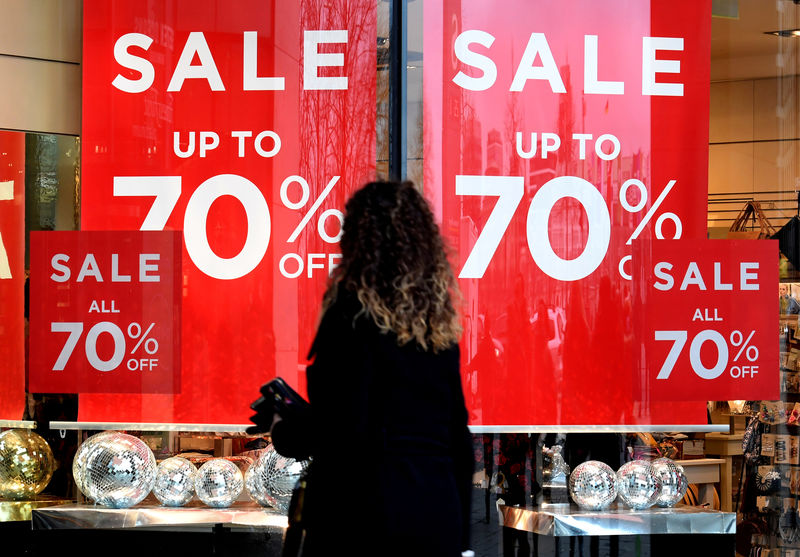BERLIN (Reuters) - Annual inflation in Europe's largest economy accelerated in April toward the European Central Bank's target, data from German states suggested on Tuesday, but the rise may be due to one-off price rises around the Easter holiday.
The ECB aims to keep inflation in the euro zone close to, but just below, 2 percent a year. Inflation has long been below this target in the single currency bloc, and ECB rate-setter Olli Rehn said on Friday that investors may be doubting the effectiveness of the ECB's monetary policy measures in boosting inflation.
A poll conducted before the release of the regional data suggested annual German consumer price inflation, harmonized to compare with data from other European Union countries, would rise to 1.7 percent from 1.4 percent.
After data from the states was published, ING economist Carsten Brzeski said he expected harmonized nationwide annual inflation - due to be published at 1200 GMT - to show a 1.9 percent increase.
In North Rhine-Westphalia (NRW), Germany's most populous state, consumer price inflation accelerated to 2.1 percent from 1.5 percent. Price pressures picked up in four other states too.
This acceleration is, however, largely due to the cost of package holidays going up, with Easter falling later this year than last, and partly due to higher fuel prices, but inflation will likely slow again next month, Brzeski said.
"There is no reason to draw any conclusions because we see this Easter fluctuation every year, which means there is no real big shift in core inflation, so for the ECB, in terms of any impact on policy decisions, it's close to zero," he said.
Economists expect annual euro zone inflation - due to be published on May 3 - to accelerate to 1.6 percent from 1.4 percent in March.

The state inflation readings, which are not harmonized to compare with other euro zone countries, feed into nationwide preliminary inflation data.